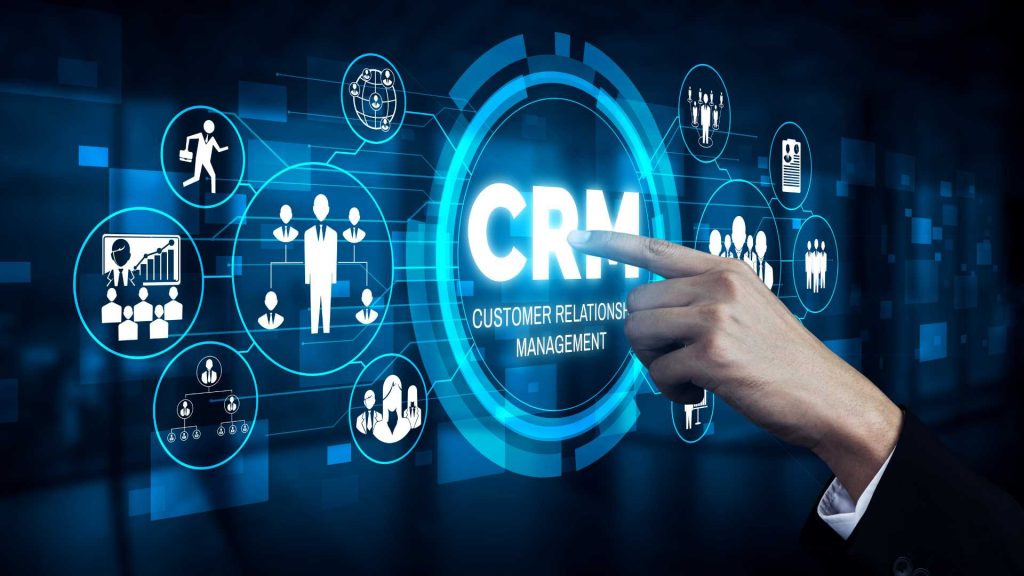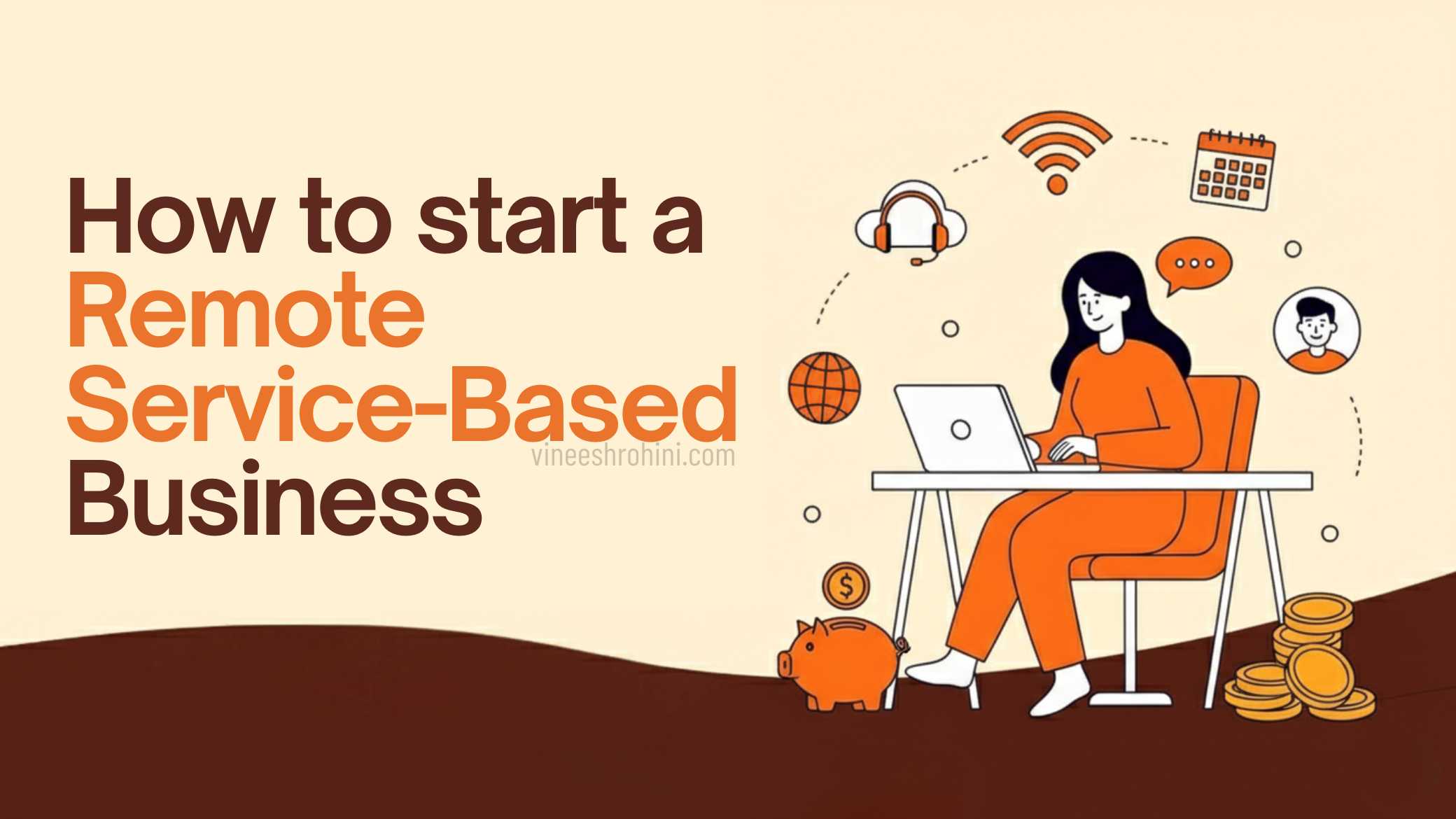Why Every Online Business Needs a CRM System – Comprehensive Guide 2025
Online Business Needs a CRM : In the ever-growing world of digital commerce, online businesses face intense competition, rapidly evolving customer expectations, and an overwhelming flood of data from multiple sources. To survive and thrive, businesses can no longer rely on scattered spreadsheets, manual follow-ups, or fragmented customer records. Instead, they need a centralized platform that helps them manage leads, nurture relationships, improve customer service, and increase sales efficiency.
Table of Contents
This is where a Customer Relationship Management (CRM) system becomes not just a luxury but a necessity for every online business. Whether you run a small eCommerce store, a SaaS startup, a freelance consultancy, or a global digital brand, a CRM solution plays a crucial role in ensuring sustainable growth, customer loyalty, and long-term profitability.
In this comprehensive essay, we will explore in detail why every online business needs a CRM system, how it works, its advantages, and the impact it has on sales, marketing, and customer retention. By the end of this guide, you will have a clear understanding of how CRM can transform your business into a customer-centric powerhouse in 2025 and beyond.
What is a CRM System?

A CRM system (Customer Relationship Management system) is a software platform that helps businesses manage their interactions with customers and potential customers. It acts as a central hub that stores and organizes all customer-related information including contact details, purchase history, communication records, preferences, and behavioral data.
Instead of juggling through spreadsheets, emails, and scattered notes, businesses can rely on a CRM system to provide a 360-degree view of the customer journey. This allows sales teams to track leads, marketing teams to automate campaigns, and support teams to deliver personalized assistance. Popular CRM systems include Salesforce, HubSpot, Zoho CRM, Freshsales, and Pipedrive, each offering a variety of features designed for businesses of different sizes.
Why is CRM Important for Online Businesses?
Unlike traditional brick-and-mortar businesses, online businesses operate in a highly competitive digital marketplace where customers have unlimited options at their fingertips. Retaining customers becomes just as important as acquiring new ones. CRM enables businesses to:
- Build stronger customer relationships through personalized interactions.
- Improve sales efficiency with lead tracking and pipeline management.
- Automate marketing campaigns and reduce manual tasks.
- Analyze customer data to make informed business decisions.
- Deliver consistent and memorable customer experiences.
Also Read : Best CRM Tools for Online Business in 2025 : Comprehensive Guide
Without a CRM system, businesses risk losing potential leads, failing to follow up with customers, and missing valuable opportunities for repeat sales.
Benefits of a CRM System for Online Businesses

Let’s break down the core benefits of CRM into detailed points that highlight why it is essential for online businesses.
1. Centralized Customer Data Management
One of the greatest challenges for online businesses is managing large volumes of customer data. A CRM provides a centralized database that stores information such as emails, phone numbers, social media activity, and purchase history. This eliminates data silos and ensures that all teams (sales, marketing, and support) have access to updated and accurate information.
2. Better Lead Management and Sales Tracking
CRM systems allow businesses to track leads from the moment they enter the sales funnel until they convert into paying customers. This helps sales teams prioritize high-quality leads, avoid missed opportunities, and close deals faster. Features like lead scoring and sales pipeline visualization make it easier to monitor performance.
3. Enhanced Customer Engagement
In 2025, personalization is not an option – it’s a requirement. Customers expect brands to understand their needs and preferences. CRM systems allow businesses to send targeted emails, product recommendations, and offers based on customer behavior and purchase history, leading to higher engagement and loyalty.
4. Marketing Automation
CRM tools integrate seamlessly with marketing automation platforms, enabling businesses to create personalized email sequences, automate follow-ups, and launch retargeting campaigns. This reduces manual effort and ensures consistent communication with leads and customers.
5. Improved Customer Support
A CRM ensures that customer service teams have access to complete customer histories, which allows them to resolve issues faster and provide a personalized experience. With features like live chat integrations and automated ticketing, businesses can ensure 24/7 support availability.
6. Data-Driven Insights and Analytics
One of the biggest advantages of a CRM is its ability to provide actionable insights. Through detailed reports and dashboards, businesses can analyze sales performance, customer satisfaction, and campaign effectiveness. These insights help in making data-driven decisions rather than relying on guesswork.
7. Higher Customer Retention Rates
Studies show that retaining existing customers is far more cost-effective than acquiring new ones. CRM systems help track customer satisfaction, send personalized offers, and build loyalty programs – all of which contribute to improved retention rates.
8. Collaboration Across Teams
Since a CRM system acts as a single source of truth, teams across departments can collaborate effectively. Sales teams can see what marketing campaigns have been sent, while support teams can understand the history of customer interactions. This unified approach ensures consistency in customer experiences.
Real-World Examples of CRM Use in Online Businesses

- E-commerce Businesses: Online stores like Shopify-powered brands use CRM to track customer purchase history and send personalized discounts, abandoned cart reminders, and loyalty offers.
- SaaS Startups: CRM helps software companies track free-trial users, follow up on demos, and automate onboarding emails.
- Freelancers & Consultants: Independent professionals use CRM to track client projects, automate invoices, and maintain long-term client relationships.
- Digital Marketing Agencies: Agencies rely on CRM to manage client communication, track campaigns, and measure ROI.
These examples prove that CRM systems are versatile and adaptable, regardless of business size or industry.
Choosing the Right CRM System for Your Online Business
When selecting a CRM, online businesses should consider:
- Scalability – Can the CRM grow with your business?
- Ease of Use – Is it beginner-friendly and intuitive?
- Integrations – Does it work with your existing tools (e.g., email, payment gateways, eCommerce platforms)?
- Pricing – Is it affordable for small businesses and startups?
- Features – Does it offer sales tracking, automation, analytics, and customer support tools?
Buy Now : Online Jewellery Shopping Website
Some CRMs like HubSpot and Zoho are great for startups due to their free or affordable plans, while Salesforce caters to larger enterprises with advanced customization.
Future of CRM in 2025 and Beyond
CRM systems are evolving rapidly to meet the growing demands of online businesses. In 2025, we are witnessing the integration of AI, machine learning, predictive analytics, and chatbots into CRM platforms. These innovations allow businesses to anticipate customer needs, automate repetitive tasks, and deliver hyper-personalized experiences.
For example, AI-powered CRMs can predict when a customer is likely to churn, recommend the best time for sales follow-ups, and even suggest upsell opportunities. This makes CRM not just a data management tool but a strategic growth enabler.
Key Takeaways – Why Every Online Business Needs a CRM
- A CRM provides a 360-degree view of customers.
- It improves lead management and sales efficiency.
- Personalization and marketing automation become seamless.
- Businesses can deliver better customer support and boost loyalty.
- Data-driven insights lead to smarter decision-making.
- CRM fosters collaboration across teams and ensures consistent brand messaging.
In short, a CRM system is no longer optional – it’s the backbone of modern online business success.
Conclusion

In today’s digital-first marketplace, where customer expectations are higher than ever, businesses cannot afford to rely on outdated methods of managing customer data. A CRM system is a game-changer for online businesses of all sizes – from startups to large enterprises. It helps streamline operations, enhance customer engagement, improve sales efficiency, and build long-lasting relationships.
Buy Now : Online Jewellery Shopping Website
As technology continues to evolve, CRM systems will only become more powerful and integral to business growth. Businesses that invest in CRM early are more likely to stay competitive, maximize revenue, and build a loyal customer base in 2025 and beyond.
The bottom line is simple: if you run an online business and want to grow sustainably, a CRM system is not just an investment – it’s a necessity.
Disclaimer: The information provided in this blog is for educational and informational purposes only. It should not be considered as professional business, financial, or legal advice. Readers are advised to do their own research or consult with a qualified professional before making any business decisions.
Keywords : Online Business Needs a CRM – Online Business Needs a CRM 2025 – Online Business Needs a CRM ?



